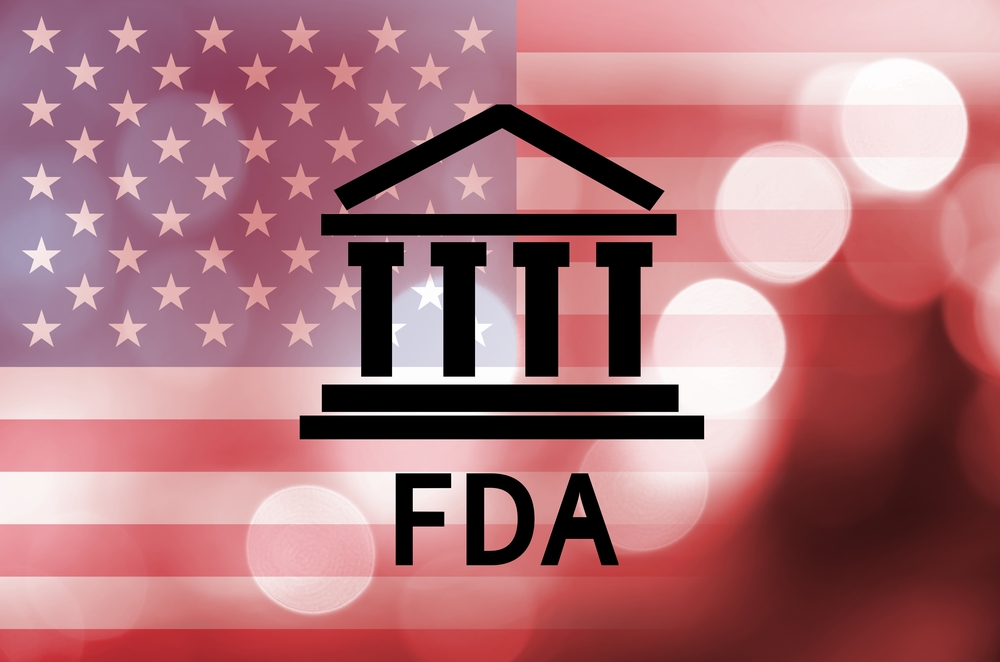Acceleron’s ACE-083 Earns Orphan Drug Status for Facioscapulohumeral MD
Written by |

Acceleron’s ACE-083, for the treatment of patients with facioscapulohumeral muscular dystrophy (FSHD), has been granted orphan drug status by the U.S. Food and Drug Administration (FDA), the company announced.
FSDH affects about 20,000 people in the U.S. It is a rare genetic muscle disorder for which there are no approved treatments. The primary symptom is debilitating skeletal muscle weakness and loss. It begins with the face and upper body and progresses to the lower body, going from “muscle to muscle.” FSHD is diagnosed by observing that pattern of muscle weakness and through genetic testing.
Many patients have trouble walking and running, and develop upper arm muscle weakness, ultimately limiting their ability to perform daily tasks, such as eating or getting dressed.
It is estimated that 20 percent of people with FSHD require the use of a wheelchair at least some of the time. Current management of the disease is mainly limited to physical and occupational therapy and certain surgical interventions.
ACE-083 works by binding to and inhibiting select proteins in the TGF-beta protein superfamily, proteins that reduce muscle growth, such as activins and myostatin (GDF8).
This “Myostatin +” approach is designed to increase muscle mass and strength in the muscle where the drug is injected. Untreated muscles or other organs are not affected, reducing the potential for side effects.
Acceleron is developing ACE-083 for disorders in which improved muscle strength in treated muscles may provide a clinical benefit and improve quality of life. In addition to FSHD, the company is developing the therapy for Charcot-Marie-Tooth (CMT) disease.
Earlier this year, ACE-083 was granted fast track designation for FSHD to facilitate its development and expedite its review by the the FDA. Acceleron is testing the therapy in two Phase 2 trials: one in FSHD (NCT02927080), and one in Charcot-Marie-Tooth (CMT) disease (NCT03124459).
Both trials are recruiting participants. The FSHD Phase 2 trial is taking place at 20 centers located in the U.S., Canada, and Spain. Preliminary results from the first part of the trial show the drug increased the patients’ muscle mass.
The final results of Part 1 of the trial are expected in the second of half of 2018. Study completion is expected in May 2020.
“We are pleased to receive orphan drug designation for ACE-083, which has shown the potential to address an area of high unmet medical need,” Robert K. Zeldin, MD, said in a press release. Zeldin is Acceleron’s chief medical officer. “We believe that ACE-083 could become an important new treatment for patients with FSHD whose muscle weakness negatively affects their functional abilities. We presented positive preliminary data from Part 1 of our Phase 2 trial in patients with FSHD earlier this year and look forward to sharing Part 2 results later next year.”
The orphan drug designation is granted to provide incentives for the evaluation and development of therapies for the treatment of rare diseases affecting fewer than 200,000 people in the U.S. Grant funding toward clinical trial costs may be provided under the Orphan Drug Act, as well as FDA user-fee benefits, tax advantages, and seven years of market exclusivity in the U.S. following FDA marketing approval.





